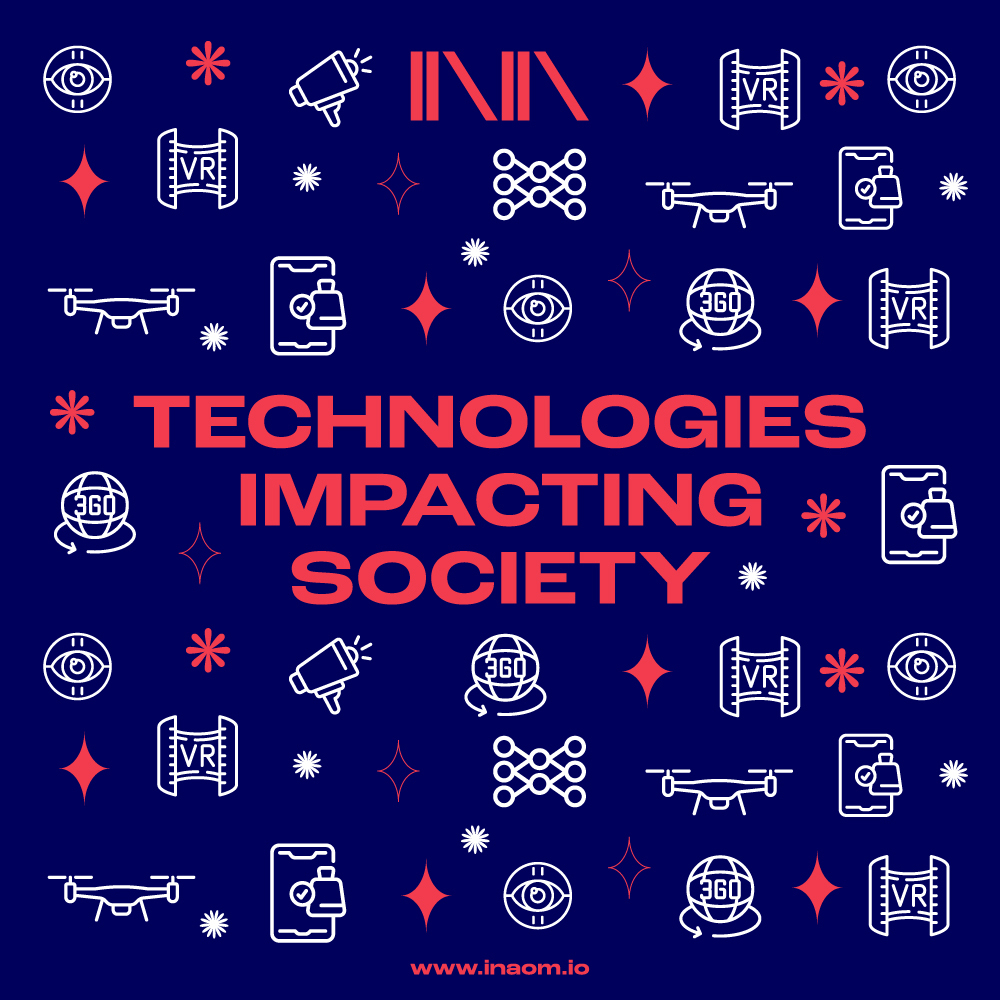
In today’s fast-paced and data-driven world, Artificial Intelligence (AI) has emerged as a game-changing technology, reshaping decision making across various industries. With its unparalleled ability to learn from data, identify patterns, and make accurate predictions, AI is transforming the way businesses and organisations operate. In this comprehensive article, we delve into the significance of AI in decision making, examining how it is revolutionising finance, marketing, and streamlining operations, while also mitigating human errors and automating repetitive tasks.
Unveiling Trends and Predictions in Finance
The financial sector is a realm where AI’s potential truly shines. With vast amounts of data pouring in from financial markets worldwide, human analysis alone is insufficient to grasp the complexities. Here’s where AI steps in, employing sophisticated algorithms to process and analyse these data streams at an unprecedented pace. By identifying trends and predicting future market movements, AI empowers businesses to make well-informed investment decisions, potentially leading to increased profitability.
Personalized Marketing with AI Insights
The marketing landscape is another arena experiencing a seismic shift with AI adoption. In the era of targeted marketing, understanding customer preferences and behaviours is paramount. AI plays a pivotal role here, leveraging advanced analytics and natural language processing to glean valuable insights from customer data. By understanding the interests, preferences, and habits of their target audience, companies can craft personalised and compelling marketing campaigns. The result? A surge in customer engagement, conversion rates, and brand loyalty.
Mitigating Human Errors through AI
No matter how proficient humans may be, we are inherently prone to errors, especially in high-pressure scenarios. However, AI is a reliable ally, vastly minimising the risk of human errors. AI-driven systems can swiftly detect patterns, anomalies, and potential pitfalls that might escape human attention. From healthcare to aerospace, AI’s precision ensures that decisions are rooted in accurate data and insights, guarding against costly mistakes that could have dire consequences.
Liberating Human Potential via Automation
AI’s real magic lies in liberating human potential. By automating mundane and repetitive tasks, AI empowers employees to channel their energy and expertise into more meaningful endeavours. Administrative tasks, data entry, and other repetitive chores that once consumed valuable time can now be handed over to AI, allowing human talent to focus on strategic thinking, problem-solving, and fostering innovation.
Enhanced Efficiency through AI Streamlining
The key to success in any business lies in optimising efficiency, and this is where AI’s role as a decision-making powerhouse shines brightly. With its capacity for autonomous decision making, AI can expedite processes and streamline operations, transcending the limitations of human speed and accuracy. The cumulative effect is a substantial boost to overall efficiency, resulting in improved productivity and profitability.
The Future of AI in Decision Making
As we glimpse into the future, AI’s importance in decision making will continue to soar. With advancements in machine learning and natural language processing, AI will become more adept at extracting insights from complex datasets. The ongoing fusion of AI with the Internet of Things (IoT) will usher in an era of smarter and more interconnected decision-making processes. Organisations that embrace AI as a core component of their decision-making framework will be better equipped to adapt to dynamic markets, seize opportunities, and outmanoeuvre competitors.
Conclusion
In conclusion, AI’s rapid evolution is rapidly reshaping decision making across industries. From finance to marketing and beyond, AI is a potent ally, providing valuable insights, mitigating errors, automating tasks, and streamlining operations. Its ability to transform raw data into actionable intelligence empowers businesses to make well-informed decisions, fostering growth and success.
As we navigate this AI-driven landscape, it’s crucial for businesses to stay ahead of the curve. Embracing AI technology and integrating it seamlessly into decision-making processes will be the hallmark of forward-thinking organisations. The future of decision making is AI, and those who recognise its potential and harness its power will undoubtedly thrive.
Frequently Asked Questions
Is AI only applicable to large enterprises?
AI can benefit businesses of all sizes. With advancements in technology, AI solutions are becoming more accessible and scalable, making them viable for small and medium-sized enterprises as well.
Can AI completely replace human decision making?
While AI can enhance decision making by providing valuable insights, it is unlikely to replace human judgement entirely. Combining AI’s analytical capabilities with human intuition and creativity often leads to the best outcomes.
Does implementing AI require extensive technical expertise?
Integrating AI into business processes may require technical expertise initially. But there are user-friendly AI solutions available that can be adopted with minimal technical knowledge.
Is AI expensive to implement?
The cost of implementing AI solutions varies depending on factors like complexity, scale, and the specific industry. However, as AI technology advances, costs are generally decreasing, making it more accessible to businesses.
How can I get started with AI in my business?
To start with AI in your business, begin by identifying the specific areas where AI can add value. Research and choose AI solutions that align with your requirements and consider partnering with experts in the field to ensure a smooth integration process.










